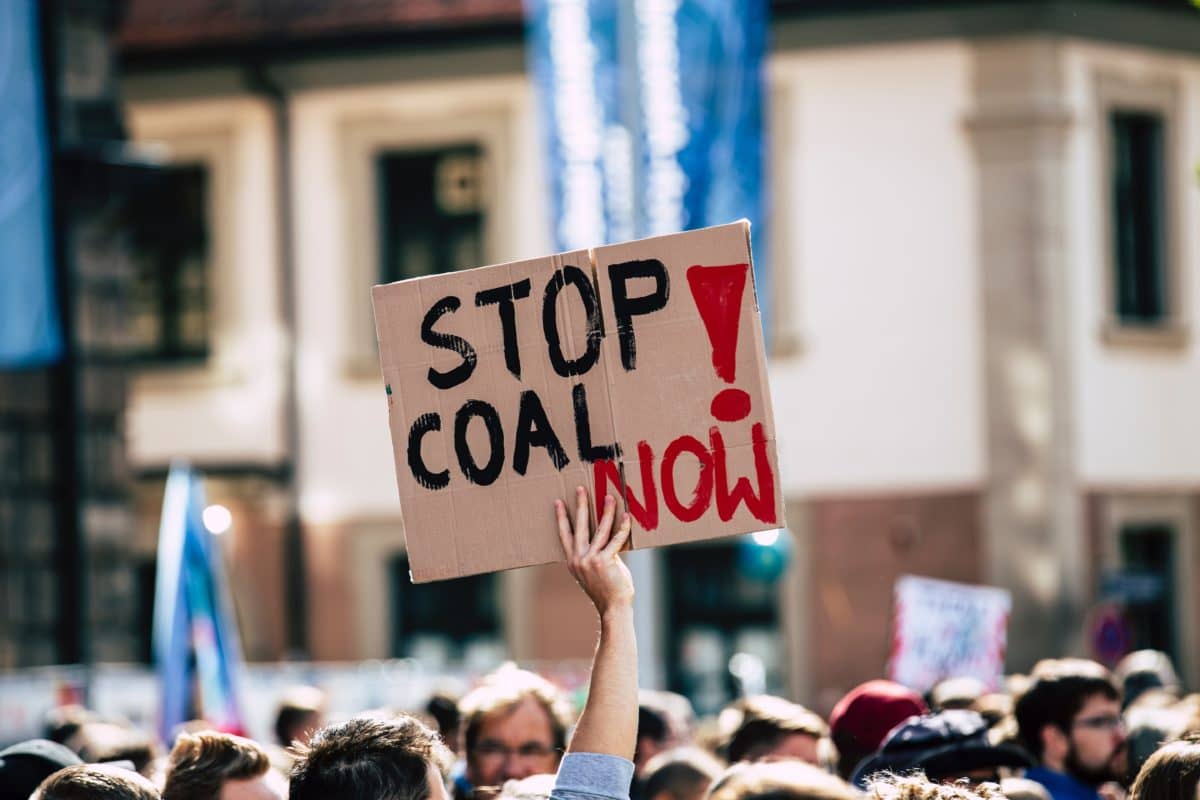Insight
‘COPing’ with climate change: The end of coal?

Greenhouse gas emissions from burning coal are the single biggest contributor to climate change, so it’s no wonder that questions around how we fuel our future world have been central to this year’s climate change summit – COP26.
As we’re well versed in now, the central tenet of the Paris Agreement is to limit global warming above pre-industrial levels to 2°C, with a preferable goal of 1.5°C. This is no mean feat considering the world has already risen in temperature by 1.1°C, and the Intergovernmental Panel on Climate Change has recently stated that the world will hit 1.5°C of warming by 2030.
As the burning of coal is the single largest contributor to anthropogenic – human caused – climate change, responsible for just under half (46%) of carbon dioxide emissions worldwide, our world leaders are under increasing pressure to halt the use of coal for fuel to achieve the ambitious targets.
The coal promise
Last week (Thursday), 23 countries signed a pledge to stop new coal power schemes and to phase out existing ones. The countries who came on board alongside the UK included five of the top 20 coal-burning countries – South Korea, Indonesia, Vietnam, Poland and Ukraine.
A common theme of many of ‘the major deals’, countries with a higher income have a tighter deadline, agreeing to phase out coal sometime in the 2030s. While lower income countries have until the 2040s.
Burning questions
With the target of a limit of 2°C in mind, the promise to end the use of coal is certainly welcome – in principle. However, the list of countries who have signed up do not include the three biggest coal users – China, India and the US. In 2020, China was responsible for around 54.3% of global coal usage, while India used 11.6% and the US consumed 6.1%.
In a sneaky move by Poland, it classified itself as a low-income country, despite being one of the world’s 25 largest economies. Also, the International Energy Agency believe that the proposed timings are a little late, having estimated that the use of coal needs to have stopped no later than 2030 and 2040 if we are going to meet the global warming targets.
While our business and energy secretary, Kwasi Kwarteng, declared that “the end of coal is in sight”, an issue is that the commitment is not legally binding. This means that substantive action towards phasing out coal is up to the country, if signed up, to implement themselves – leading to criticism from Greenpeace, who have said it is simply a “shiny headline”.
Assessing whether COP26 has been a success, or the ultimate greenwash, will take time – 9 years specifically – as 2030 is the deadline for ‘the major pledges’, however keeping pressure on world leaders to prove their commitments will be crucial if we are to hit the 2°C target and avoid the worst of climate change.




